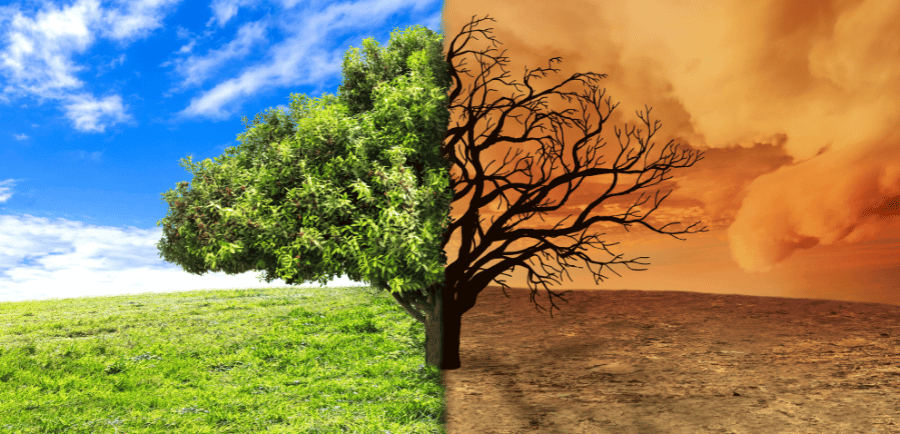Brewing Trouble
How Climate Change is Disrupting Your Morning Cup
6/17/20241 min read


Rising Temperatures, Falling Yields
Coffee plants are particular. They thrive within a specific temperature range and need consistent rainfall. Climate change disrupts this delicate balance. Rising temperatures lead to stunted growth, fewer coffee cherries, and a decline in overall yield. This translates to less coffee reaching the market, potentially pushing prices up.
Weather Extremes: A Recipe for Disaster
Climate change doesn't just mean hotter temperatures. It also brings erratic weather patterns. Droughts parch the land, depriving coffee plants of vital moisture. Conversely, excessive rainfall can lead to flooding, damaging crops and washing away precious nutrients. These extremes make it difficult for farmers to predict harvests and hurt the quality of the beans.
Pests and Diseases: A Bitter Brew
Warmer temperatures are like an invitation for pests and diseases that love feasting on coffee plants. The infamous coffee leaf rust, for example, is spreading to higher altitudes where it wasn't previously a threat. Farmers struggle to control these threats, leading to further crop losses.
A Shift in Landscape
While some areas become too hot for coffee production, others may see new possibilities. As temperatures rise, the ideal coffee-growing zone might inch higher up mountains. However, this can disrupt ecosystems and displace communities that rely on traditional coffee-growing practices.
The Future of Coffee: A Sustainable Solution
The future of coffee isn't all doom and gloom. Researchers are developing new coffee varieties more resistant to heat and disease. Farmers are adopting sustainable practices like shade-grown coffee, which helps regulate temperature and protects biodiversity. By supporting these initiatives, we can help ensure a delicious and sustainable cup of coffee for generations to come.
So, next time you savor that rich aroma, remember the challenges coffee farmers face. By understanding the impact of climate change, we can all be part of the solution and keep the world caffeinated in a responsible way.

